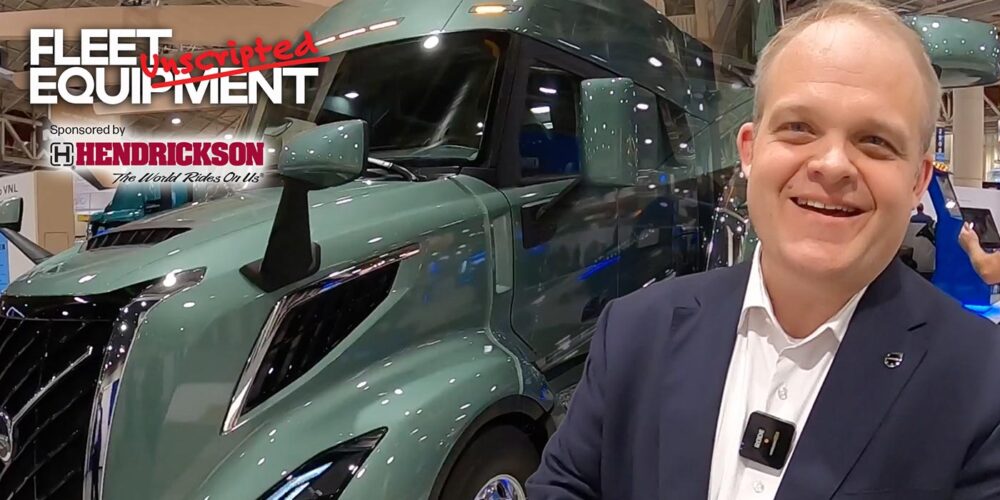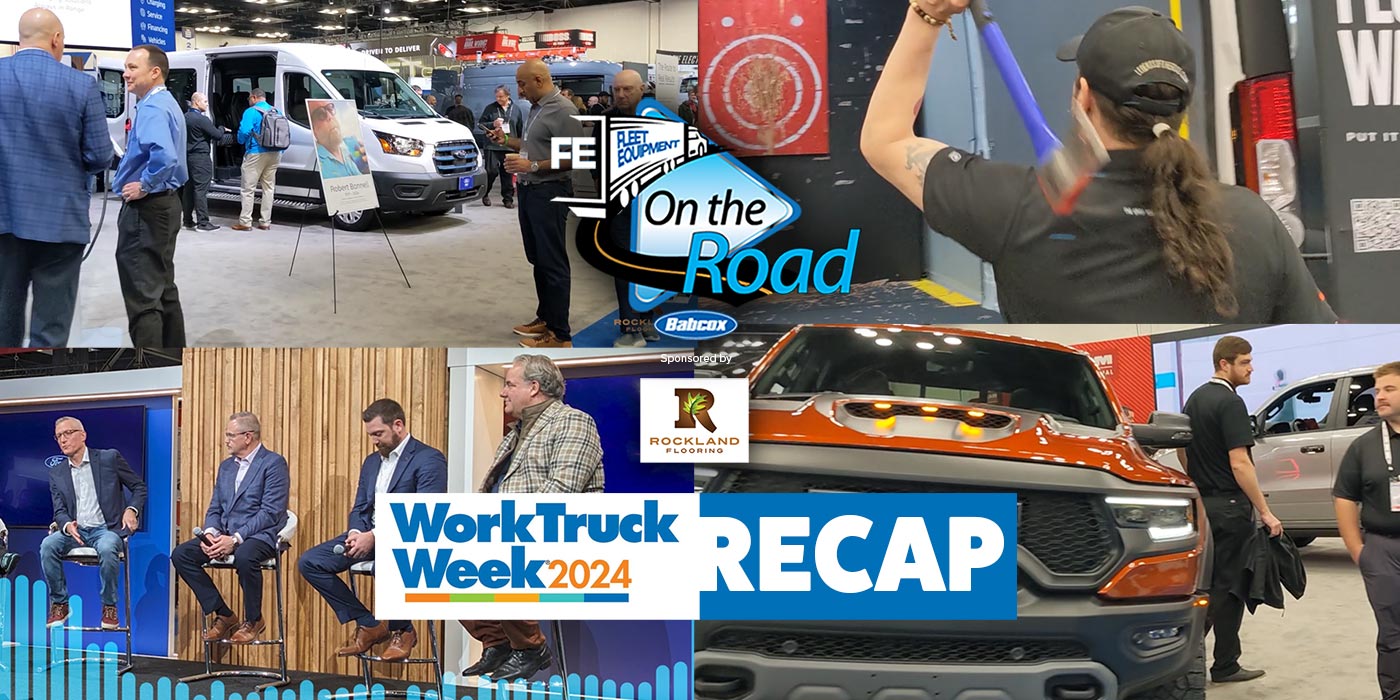Among the many truck components that can fall victim to the harsh winter, one of the most prominent is the battery. No-starts, freezing: it’s hardly an exaggeration to say that a dead battery is a death sentence for that truck’s uptime and productivity.
But here’s something you might not know: the time to avoid winter’s effects on the truck’s batteries is actually in the summer, not the winter. Winter is just when those effects show themselves.
You may wonder, if the damage is being done in summer, why does it not show itself until winter? The answer has to do with how much more work it is to start a truck in cold climates in the winter.
The cold makes everything about starting a truck more difficult and less efficient, which means batteries will need to work harder to crank the engine.
The winter also brings the need for more cranking ability to start the truck, which can highlight the reduced capacity that developed over the summer months. In the winter months, the biggest battery challenge can be no-starts.
Battery manufacturers we interviewed suggested four steps to prevent this. See them in the video above.
Fleet Equipment’s On The Road is sponsored by Rockland Flooring. Subscribe to our newsletter to catch every episode as we dive into the best practices and servicing information to keep your trucks On The Road.













